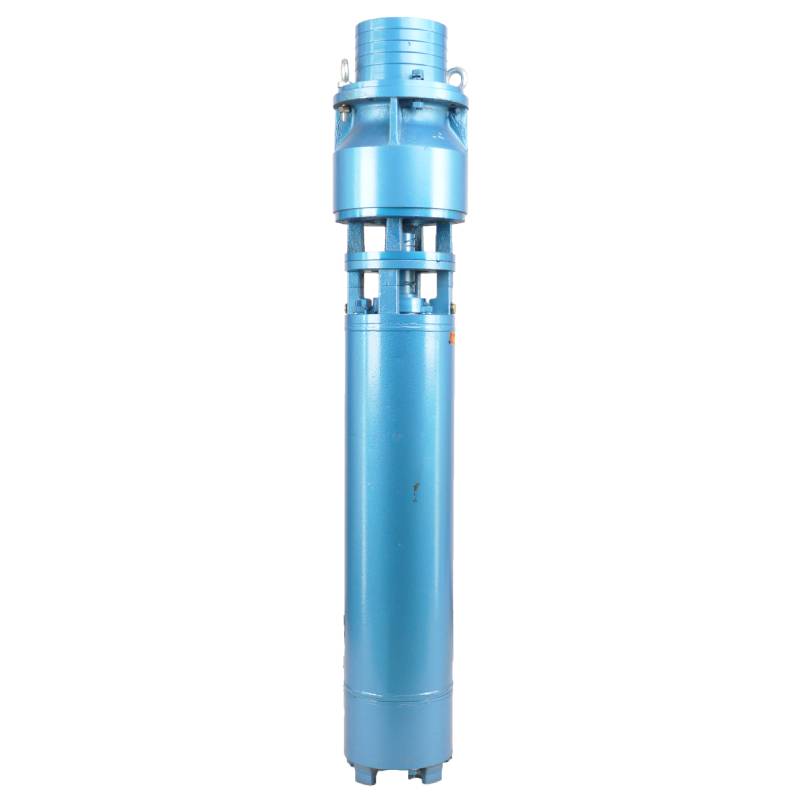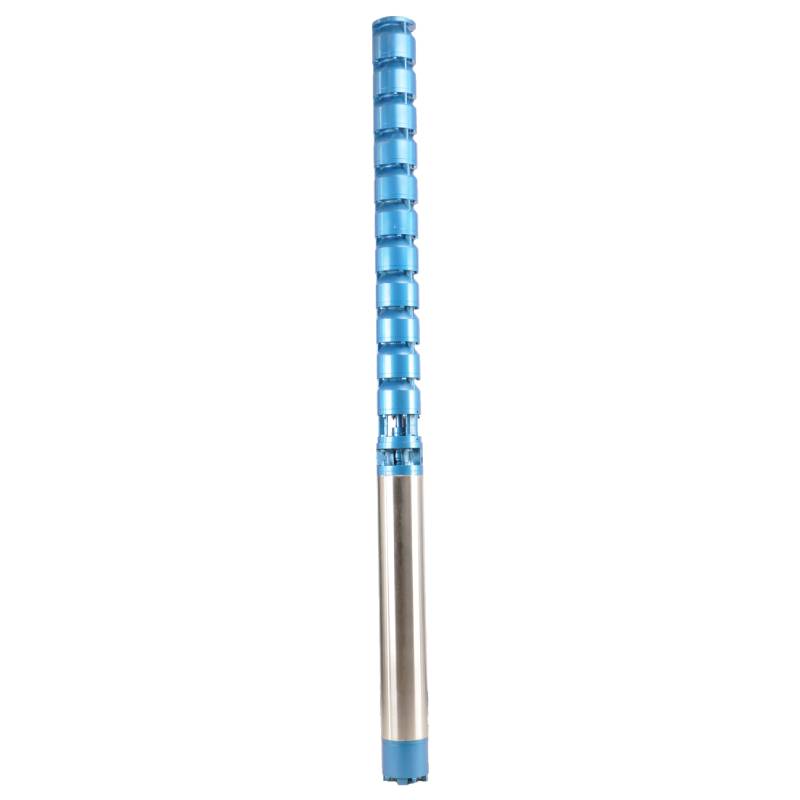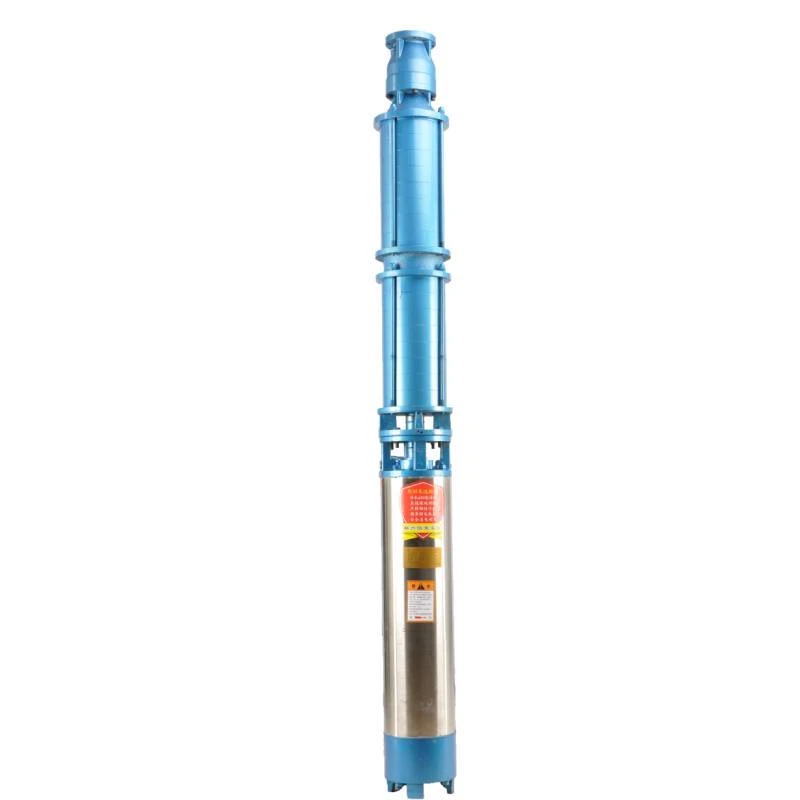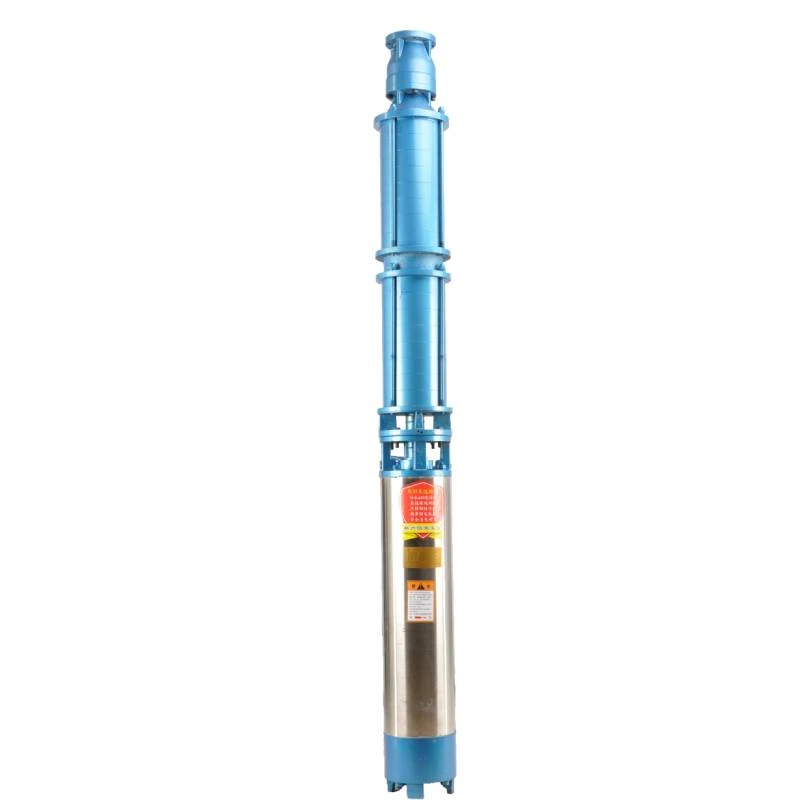កញ្ញា . 22, 2024 23:33 Back to list
submersible pump float switch
Understanding Submersible Pump Float Switches
Submersible pump float switches are essential components in the operation of submersible pumps, particularly in applications involving water management, sewage disposal, and irrigation
. These devices automate the management of fluid levels, ensuring that pumps operate efficiently and prevent overflow situations.A float switch functions as a level sensor that detects the rise or fall of liquid levels in a tank or basin. When the water reaches a designated height, the float, which is usually attached to the switch by a cord, rises and activates the switch. This action turns the pump on, allowing it to pump out excess water. Conversely, when the water level falls, the float switch will deactivate the pump, preventing it from running dry and potentially causing damage.
One of the primary advantages of using submersible pump float switches is the automation they provide. Without a float switch, users would have to manually monitor fluid levels and activate or deactivate the pump accordingly, which can be labor-intensive and prone to human error. The float switch streamlines this process, providing peace of mind and enhancing operational efficiency.
submersible pump float switch

Float switches come in various designs, including tethered and non-tethered models. Tethered float switches are attached to the pump via a cable, allowing them to pivot freely as the water level changes. Non-tethered float switches are mounted on the side of the tank and use a buoyant ball that rises and falls with the water level. Selection between these types typically depends on the specific application and the dimensions of the tank or basin.
The materials used for float switches are critical for their longevity and performance. Common materials include polypropylene, PVC, and stainless steel, which are resistant to corrosion and environmental elements. Additionally, the switch's electrical components must be robust enough to handle the conditions in which they will operate, especially in environments exposed to water and contaminants.
Proper installation and maintenance of float switches are essential for reliable performance. This includes ensuring that the switch is positioned at the correct height to avoid false triggering and blockages caused by debris or sediment. Regular checks should also be made to ensure that the switch is functioning correctly.
In summary, submersible pump float switches play a crucial role in the automation and efficiency of fluid management systems. Their ability to detect and respond to changing water levels ensures the effective operation of submersible pumps, safeguarding against potential overflow and damage. By choosing the right type of float switch and maintaining it well, users can enhance the longevity and reliability of their pumping systems, leading to smoother operations in various applications ranging from residential basements to industrial water treatment facilities.
-
125QJR Deep Well Submersible Pump - High Performance & Reliable Water Supply
NewsAug.28,2025
-
Water Filled Submersible Pump
NewsAug.26,2025
-
The Ultimate Solution for Clean
NewsAug.26,2025
-
SS Submersible Pump
NewsAug.26,2025
-
Reliable Water Extraction from Great Depths
NewsAug.26,2025
-
Deep Well Submersible Pump
NewsAug.26,2025
-
 125QJR Deep Well Submersible Pump - High Performance & Reliable Water SupplyGet reliable, high-performance water with the 125QJR Deep Well Submersible Pump. Ideal for irrigation, agriculture, and industrial deep well applications. Experience efficient, continuous water supply. Shop now!Detail
125QJR Deep Well Submersible Pump - High Performance & Reliable Water SupplyGet reliable, high-performance water with the 125QJR Deep Well Submersible Pump. Ideal for irrigation, agriculture, and industrial deep well applications. Experience efficient, continuous water supply. Shop now!Detail -
 Water Filled Submersible PumpA water filled submersible pump is engineered for optimal cooling, eco-friendliness, and high efficiency, especially in applications involving clean or slightly sandy water.Detail
Water Filled Submersible PumpA water filled submersible pump is engineered for optimal cooling, eco-friendliness, and high efficiency, especially in applications involving clean or slightly sandy water.Detail -
 The Ultimate Solution for CleanWhen it comes to efficient water delivery from underground or submerged sources, a submersible pump stands as the go-to solution for homes, farms, ponds, and industrial sites.Detail
The Ultimate Solution for CleanWhen it comes to efficient water delivery from underground or submerged sources, a submersible pump stands as the go-to solution for homes, farms, ponds, and industrial sites.Detail
